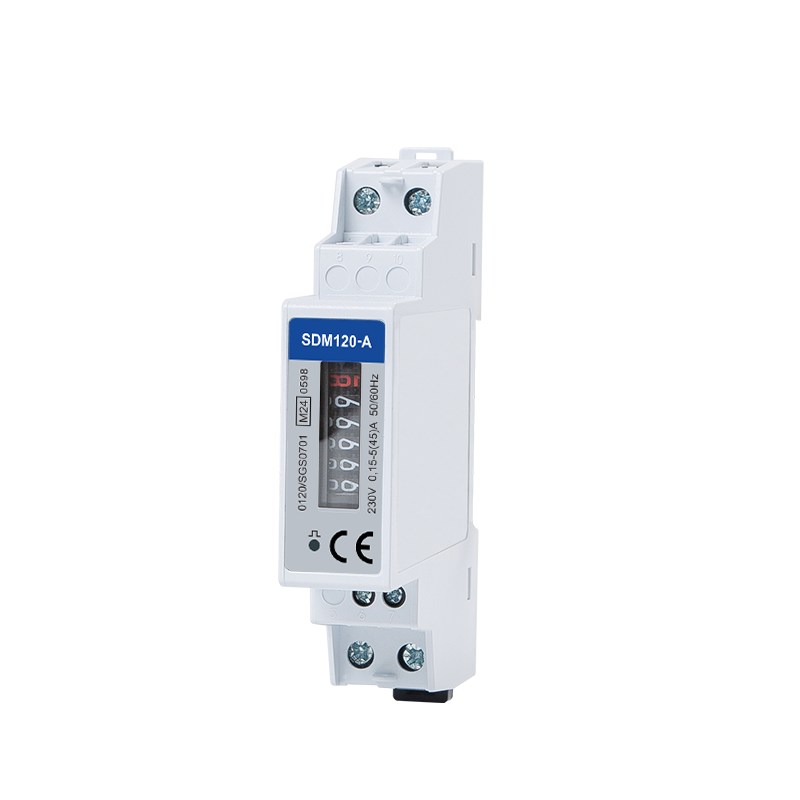Product Consultation
Your email address will not be published. Required fields are marked *

Mid-Certification Standards Unpacked: A Deep Dive into EN50470-1/3 vs. EN50470-3:2022 and Their Impact on Smart Metering
Mar 28,2025
How Do Power Analyzers Drive Efficiency and Innovation in Modern Energy Systems?
Mar 24,2025
What are the pros and cons of using current sensors versus traditional fuses or circuit breakers for overload protection?
Mar 21,2025Electronic kWh meters have revolutionized how we measure electrical energy consumption, transitioning from traditional mechanical designs to advanced digital technologies. These modern meters not only provide accurate readings but also incorporate various technologies that enhance data collection and transmission, playing a crucial role in energy management and efficiency. Here’s a closer look at how these technologies work.
Digital Measurement Technology
At the heart of electronic kWh meters is digital measurement technology. Unlike mechanical meters that rely on spinning dials or gears, electronic meters use sensors to measure voltage and current directly. This data is processed using microcontrollers, which calculate energy consumption in real-time. This digital approach allows for high precision and the ability to measure energy usage at varying loads and frequencies.
Data Storage and Processing
Electronic kWh meters are equipped with onboard memory that stores energy consumption data over time. This data can include daily, monthly, and even hourly usage patterns, allowing utilities and consumers to analyze trends in energy consumption. Advanced algorithms within the meter’s firmware process this information to provide insights that can inform energy-saving strategies.
Communication Technologies
One of the key advancements in electronic kWh meters is their ability to transmit data wirelessly. Several communication technologies are employed, including:
Radio Frequency (RF): Many meters use RF communication to send data to a central collection point. This technology enables the remote reading of meters, reducing the need for manual meter readings and improving operational efficiency for utility companies.
Power Line Communication (PLC): This technology utilizes existing power lines to transmit data. It allows the meter to communicate with utility networks without the need for additional communication infrastructure, making it a cost-effective solution.

Cellular Communication: Some electronic kWh meters are equipped with cellular modems that transmit data via mobile networks. This approach provides real-time data access and is particularly useful in remote areas where other communication methods may be impractical.
Smart Meter Integration
Many electronic kWh meters are part of a broader smart grid infrastructure. These smart meters not only collect and transmit energy usage data but also interact with other devices and systems in real-time. For example, they can communicate with home automation systems to optimize energy consumption based on real-time data and pricing signals.
Data Security Measures
With the increase in data transmission comes the need for robust security measures. Electronic kWh meters often incorporate encryption protocols to protect the integrity and confidentiality of the data being transmitted. This is crucial in preventing unauthorized access and ensuring that consumers' energy usage data is kept private.
User Interfaces and Connectivity
Many modern electronic kWh meters come with user-friendly interfaces that allow consumers to access their energy consumption data easily. This can include digital displays on the meter itself or mobile applications that provide insights into usage patterns, peak consumption times, and cost estimates. This connectivity empowers users to make informed decisions about their energy use.
In summary, electronic kWh meters leverage a combination of digital measurement technology, advanced communication methods, and smart integration to enhance data collection and transmission. These innovations not only improve the accuracy of energy measurement but also provide valuable insights for both utility companies and consumers. As technology continues to evolve, electronic kWh meters will play an increasingly vital role in managing energy consumption and promoting efficiency in our increasingly connected world.
Your email address will not be published. Required fields are marked *
We develop and produce high performance electricity meters, power analyzers, current sensors, communication modules and management systems. China Custom Smart Meters Manufacturers and Factory
Address: NO 52, Dongjin Road, Nanhu, Jiaxing, Zhejiang, China
Copyright @ Eastron Electronic Co., Ltd. All rights reserved Electricity Meters Manufacturers
